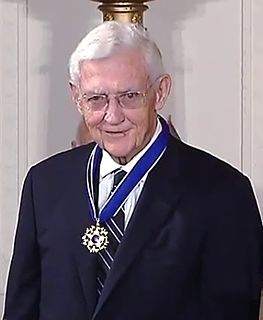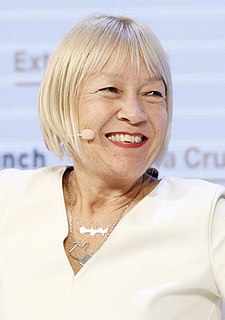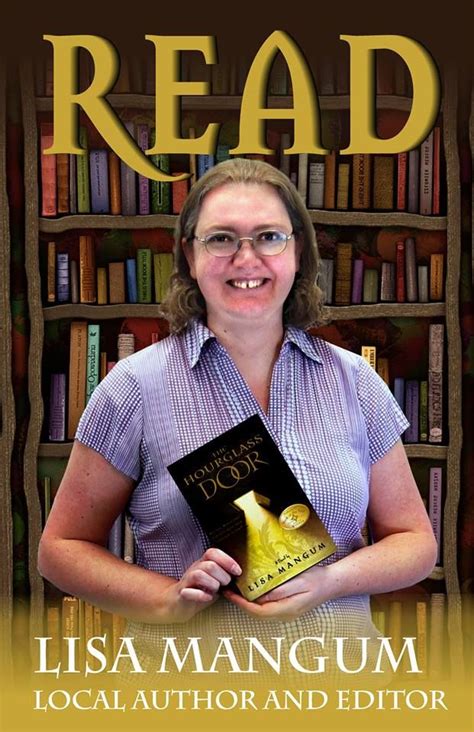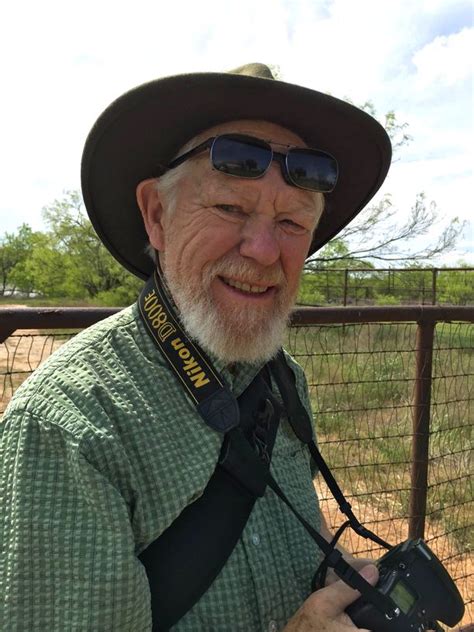A Quote by Frances Moore Lappé
Every aspect of our lives is, in a sense, a vote for the kind of world we want to live in.
Related Quotes
When we launched If WeRanTheWorld, I said to my team, I want us to innovate in every aspect of how we design and operate this as a business venture, as much as the web platform itself - because I want us to design our own startup around the working lives that we would all like to live. Women and men alike.
My grandmother was determined that everyone feel a sense of optimism and opportunity. Marc and I want to make sure we're doing that. This period of our lives is not just a tribute to her, it's inspired by her. And it's for when we have our own children — I want to help make sure we've got a world I want them to live in.
We read novels because we need stories; we crave them; we can’t live without telling them and hearing them. Stories are how we make sense of our lives and of the world. When we’re distressed and go to therapy, our therapist’s job is to help us tell our story. Life doesn’t come with plots; it’s messy and chaotic; life is one damn, inexplicable thing after another. And we can’t have that. We insist on meaning. And so we tell stories so that our lives make sense.
People talk about apathy, especially in developed countries. We're kind of lulled into these tranquil lives, and we are pursuing our own thing and there is so much suffering on a mass scale around the world that you kind of become fatalistic. You might think suffering is inevitable, you kind of lose your sense of moral urgency. But there is always something you can do for someone in the world.
I want to stay active. I want to find that mind-body connection every single day, and I want other people to have that because we spend our lives on our phones, at our desks. We're not thinking about our bodies and the mental connections we should be having, and those moments help us push through to live our best life.
I see the experience of pictures as a kind of cycle, a kind of circular motion in which you're in the world, then you enter the picture and you're in a different world (it's not the same as the one you live in, but recognizable as one you might live in). And then you're returned to your world with an enlarged sense of its possibilities.


































